

Purification of Microbiologically and Chemically Contaminated Drinking Water by Electrochemical and Ultrasonic Processes
PRIMEUS is a Croatian Science Foundation Project funded under “Installation Research Projects” Programme (UIP-2020-02-1160)
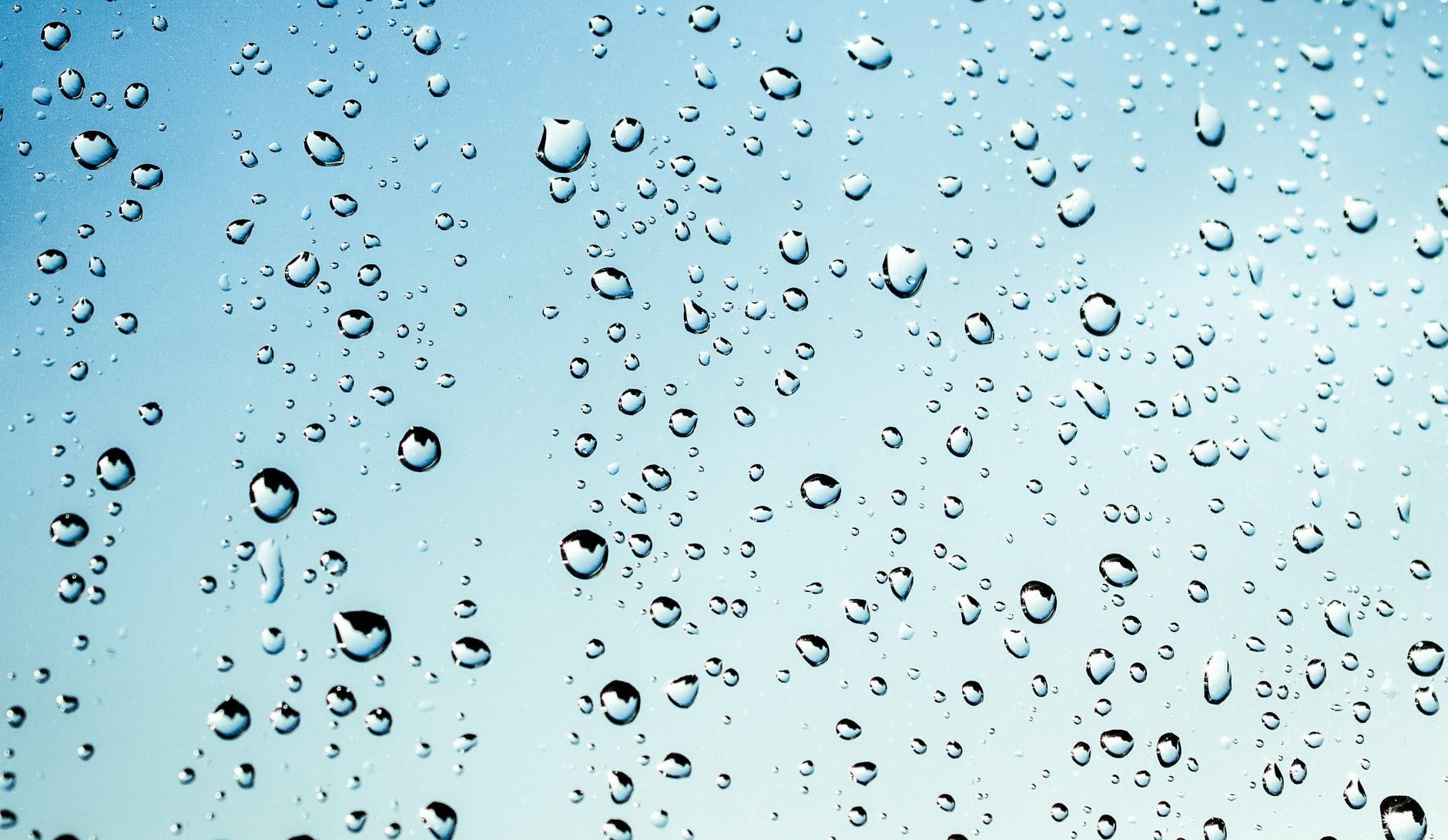
ABOUT PRIMEUS
According to the water quality monitoring for the human consumption in Croatia for 2018, most of the water from local (and individual) water supply systems were unsafe to drink, primarily due to the presence of microbiological and heavy metal contamination. Commonly used water disinfection process with chlorine and its compounds can produce carcinogenic by-products, such as chlorinated hydrocarbons and nitrosamines. Also, conventional methods for removal of heavy metals, such as reverse osmosis and ion exchange, are very complex and expensive in general. According to the recent research, advanced oxidation and electrochemical processes show the possibility for effective removal of various pollutants in water purification process. Therefore, the purpose of this project is to determine the applicability of the electrocoagulation (EC) and ultrasound (US), as an advanced oxidation process, for removing microbial and heavy metals contamination in drinking water preparation. The final goal of the project is to construct a small water purification system (EC and US reactor with settling tank) with optimum configuration defined on the project research, that will include different process parameters, as well as the design of the system, ln order to create a continuous water purification system. The lack of the possibility for continuous treatment is one of the greatest shortcomings of the existing research. The research will undergo through five phases in which a research group and laboratory will be established and the EC and US efficiency for pollutants removal will be investigated for different process parameters. Then, through numerical modelling, the necessary design of the system elements will be defined in order to achieve the continuity of the purification process. Also, the effects of the system design on the removal efficiency will be investigated. Finally, the pollutants removal efficiency will be determined on the constructed and optimized system.
RESEARCH GROUP
Ivan Halkijević
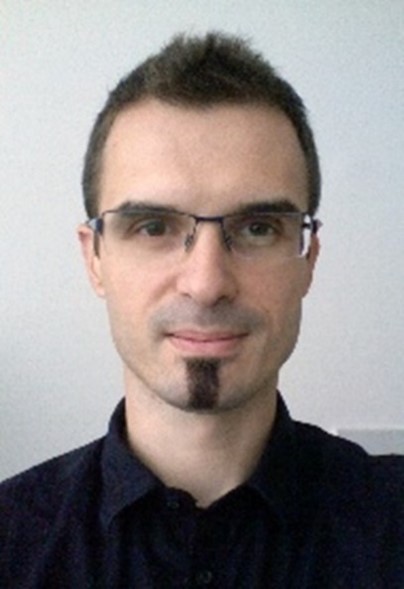
Principal investigator
Associate Professor at the Faculty of Civil Engineering University of Zagreb (Department of Hydroscience and Engineering)
Expertise: water and wastewater treatment, computer modeling, water supply and drainage system design
Katarina Licht
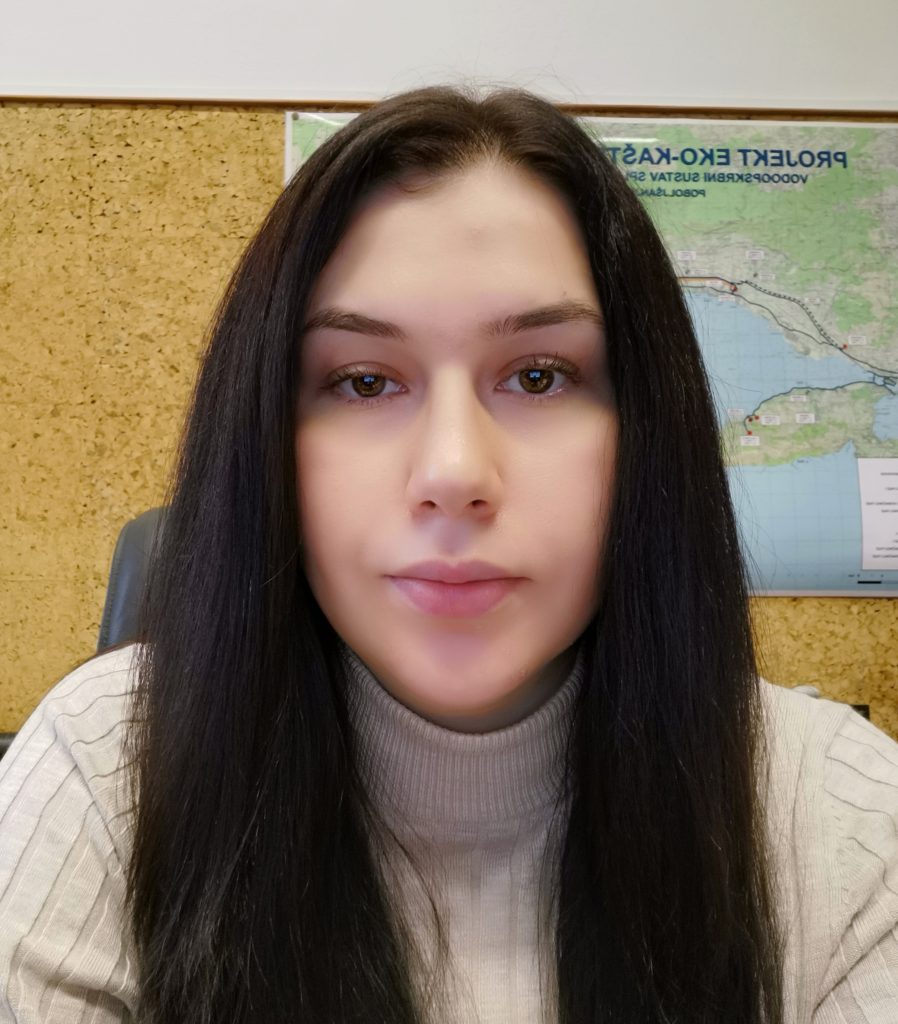
PhD candidate
Research Assistant at the Faculty of Civil Engineering University of Zagreb (Department of Hydroscience and Engineering)
Expertise: water and wastewater treatment, chemistry lab experience
Gordon Gilja
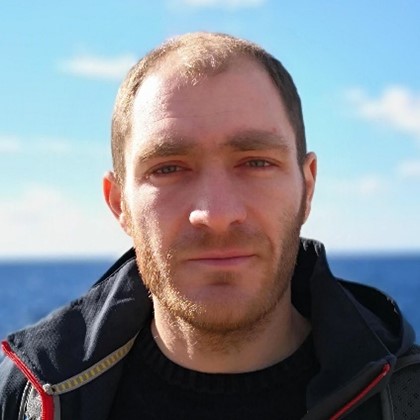
Research group member
Associate Professor at the Faculty of Civil Engineering University of Zagreb (Department of Hydroscience and Engineering)
Expertise: computer modeling, hydro-morphodynamic analysis, erosion protection, hydraulics
Domagoj Nakic
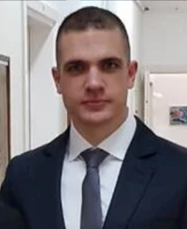
Research group member
Assistant Professor at the University North, Varaždin
Expertise: computer modeling, wastewater treatment, sludge treatment
Hana Posavčić

Research group member
Research and Teaching Assistant at the Faculty of Civil Engineering University of Zagreb (Department of Hydroscience and Engineering)
Expertise: water and wastewater treatment, computer modeling, water supply and drainage system design
Recent Findings

GALLERY
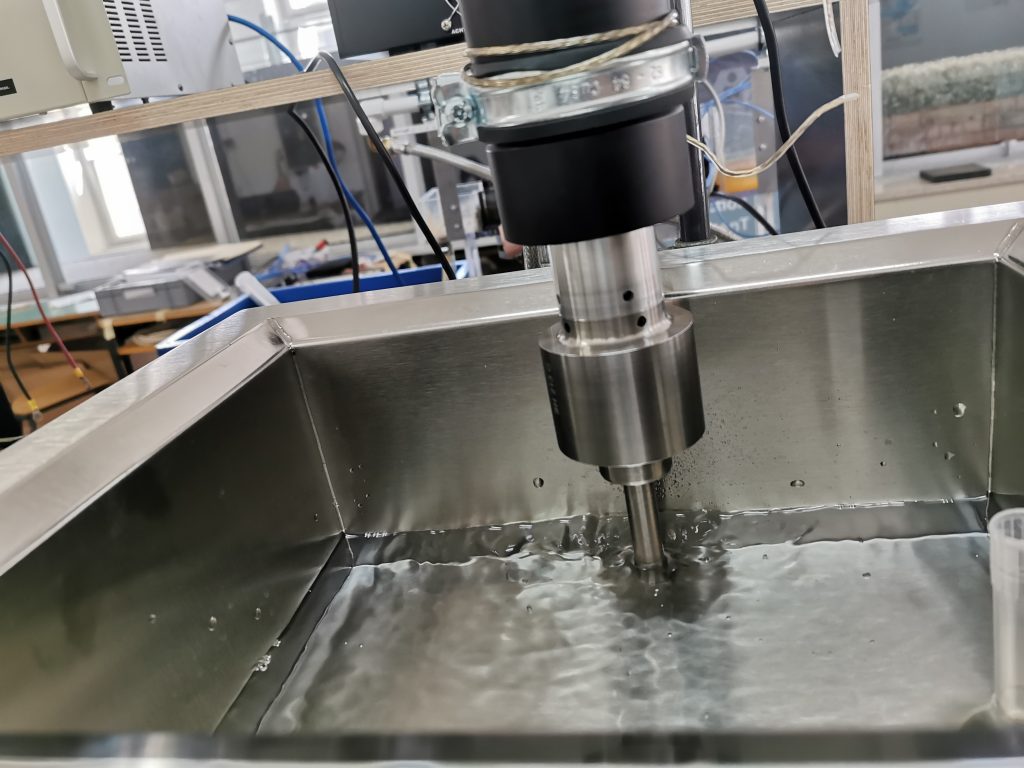

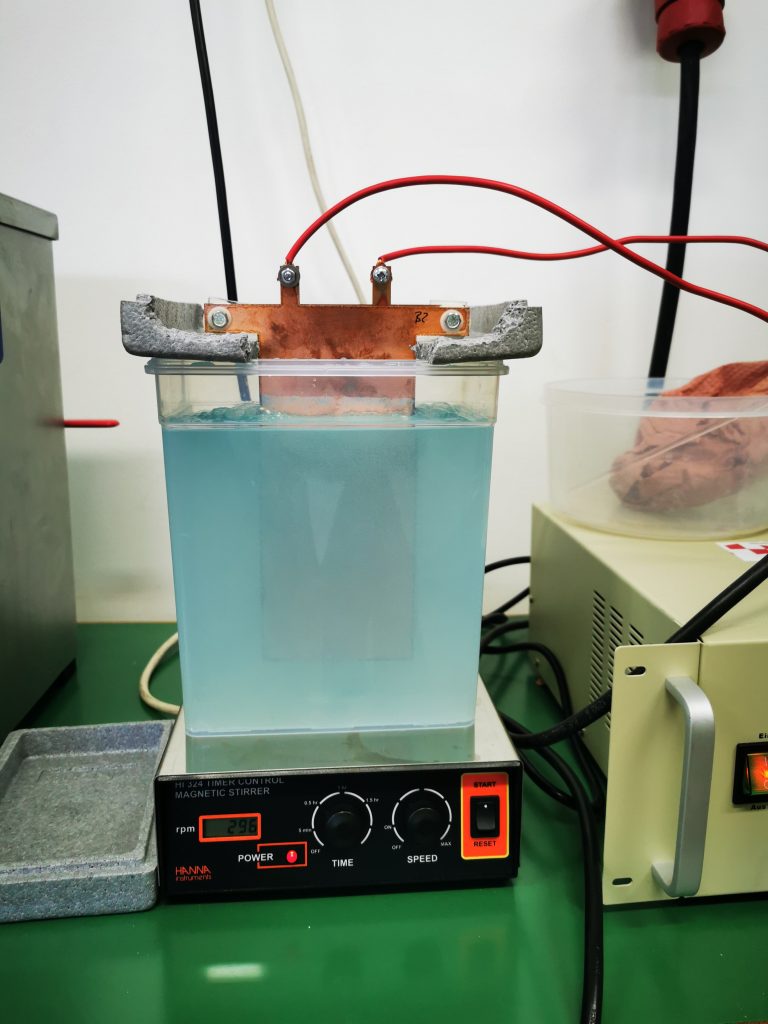
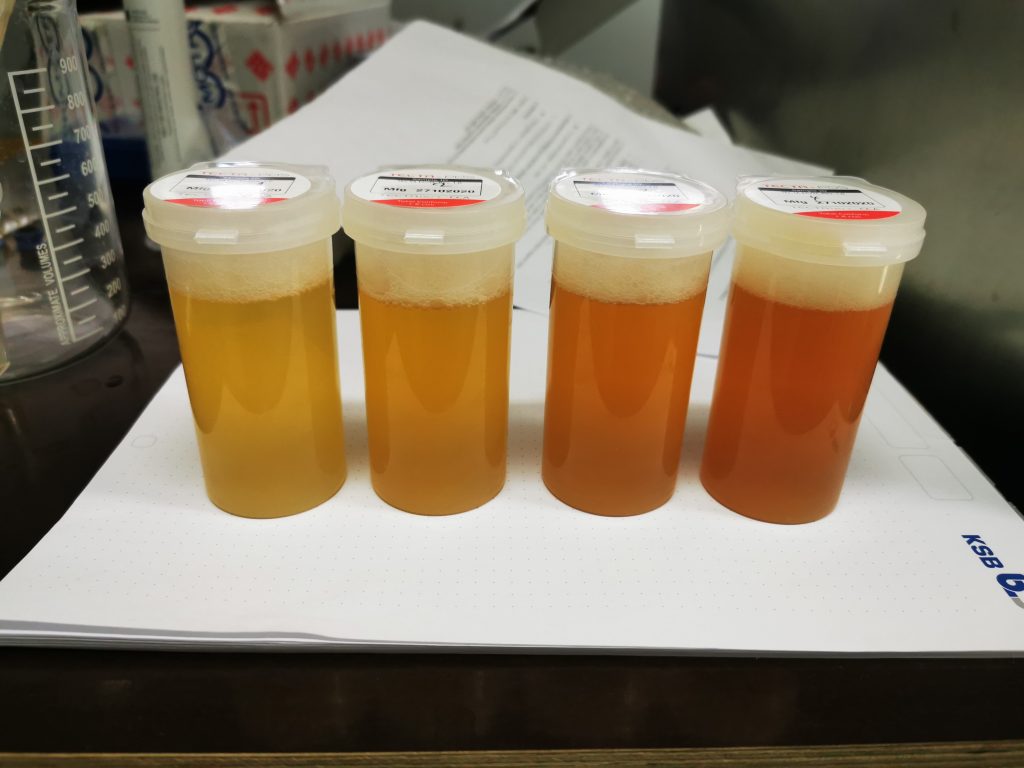

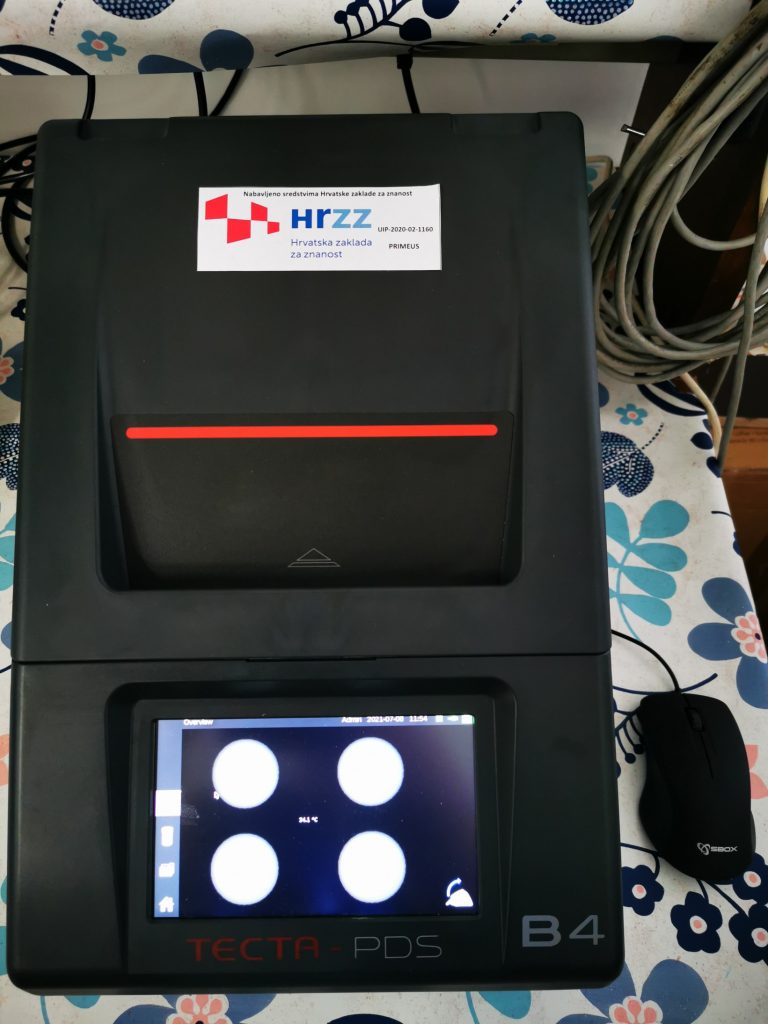




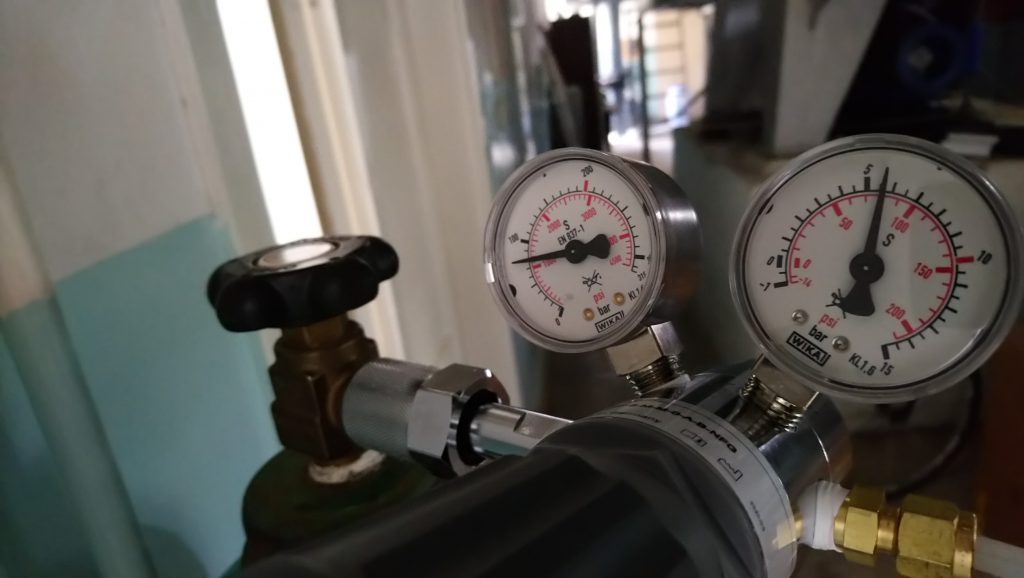
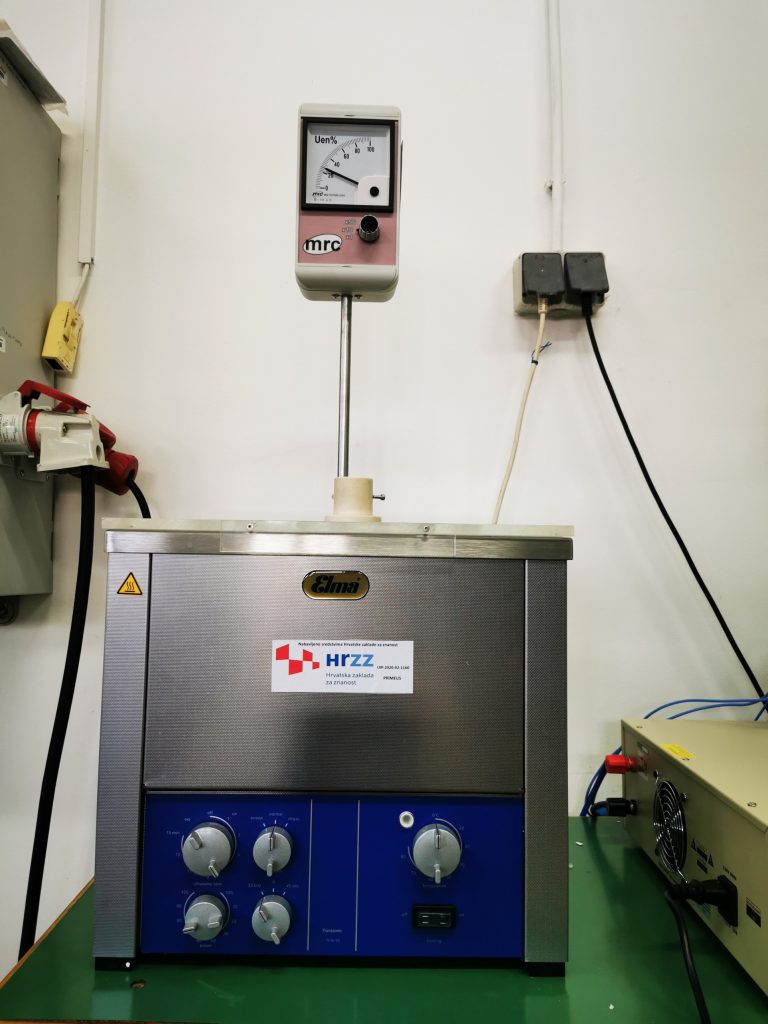
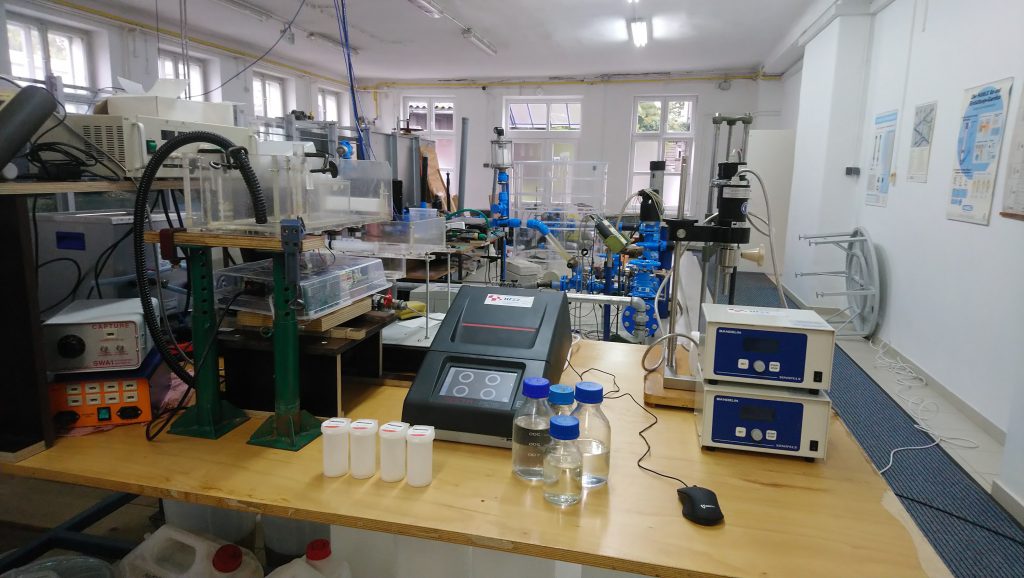
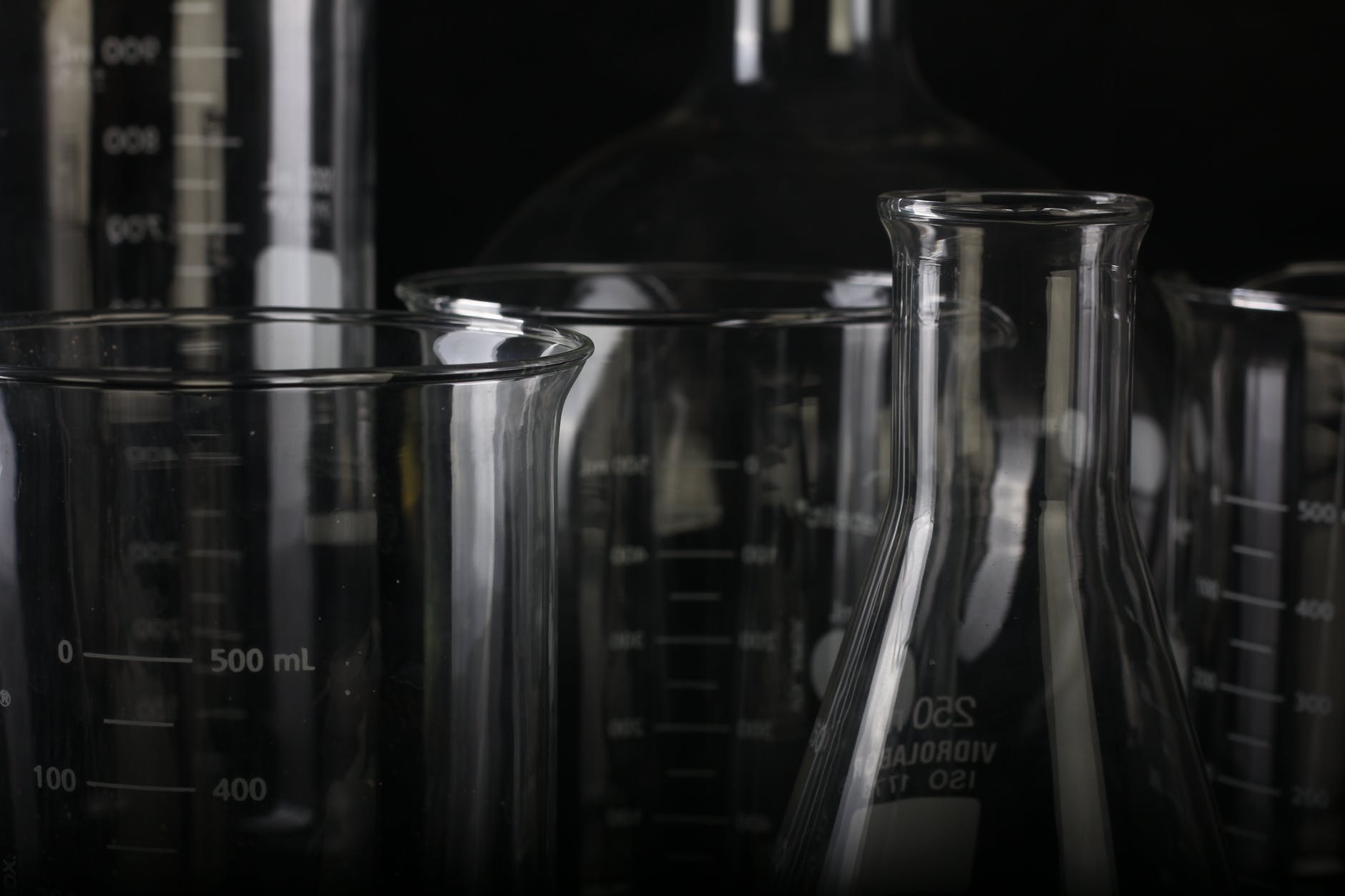
CONTACT US
Water Research Laboratory
Faculty of Civil Engineering, University of Zagreb
Savska 16, 10 000 Zagreb, Croatia
Phone: +385 1 4639 480